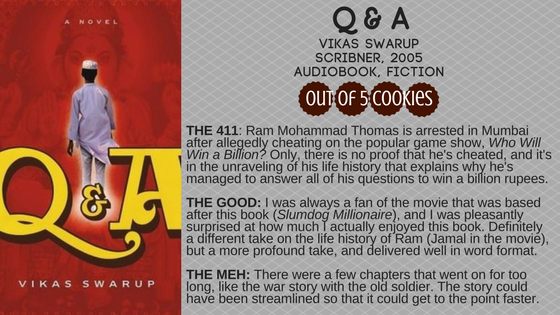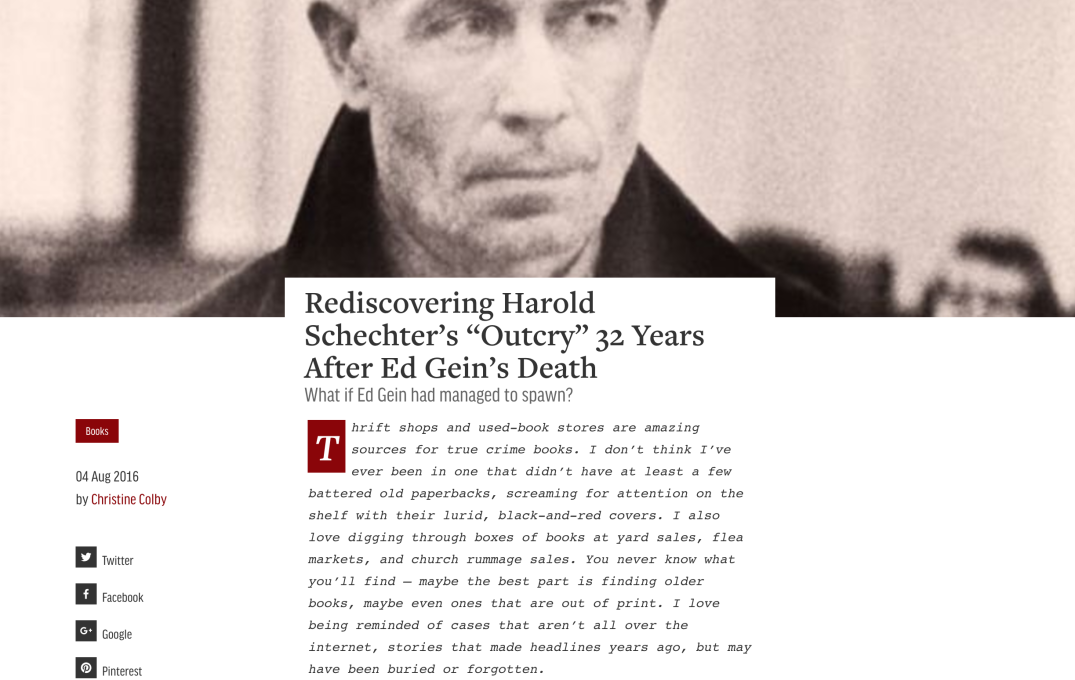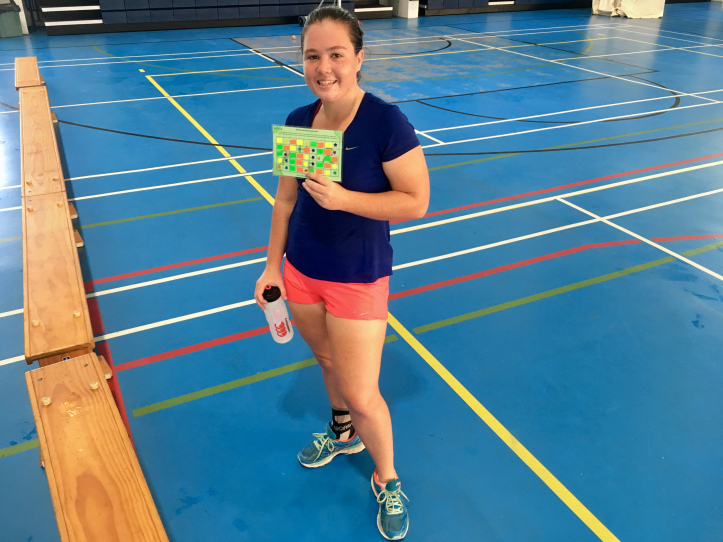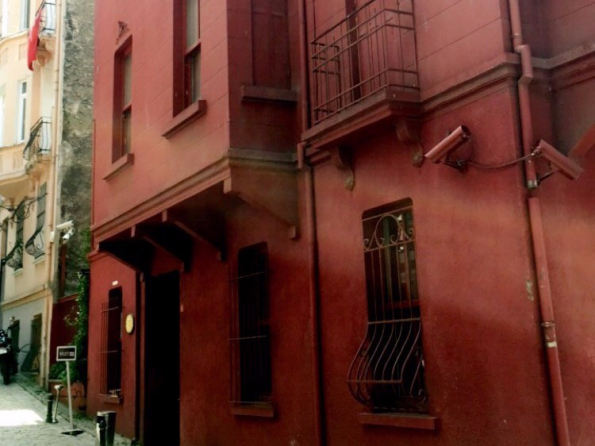 “When we lose people we love, we should never disturb their souls, whether living or dead. Instead. we should find consolation in an object that reminds us of them…”
“When we lose people we love, we should never disturb their souls, whether living or dead. Instead. we should find consolation in an object that reminds us of them…”
I ascended many steep side streets in Tophane, Istanbul in search of the museum of the Nobel Prize winner Orhan Pamuk. I used the map provided in the book along with Google Maps, but it was hard to believe that it would be nestled among derelict buildings, gas stations and shops selling industrial tools. After a considerable amount of time I finally turned the right corner onto a charming street displayed with paintings, pottery and intricate carpets. Two cats with calico furs drank water out of a large ceramic pot. The neighbourhood seemed to be falling apart at the seams, it had this deserted atmosphere as if the whole city had left it behind many years ago. When I finally found the museum I realised there was a reason why it was so far away from the dizzying buzz of Istanbul. The museum stood out in burnt sienna with jutting windows that resembled the chambers of a bloodied heart. It was perfect. There were no camera wielding museum pundits or queues of tourists waiting outside, and because of this I felt a shared sense of victory with the novel’s protagonist Kemal. It’s what he would have wanted.
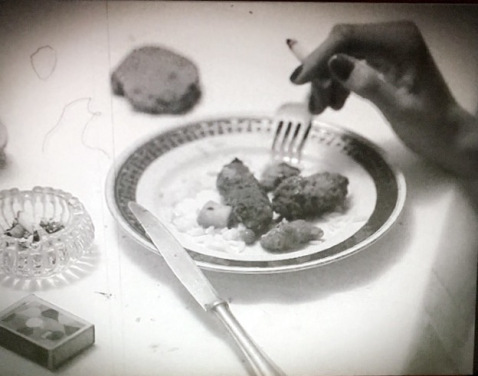 “Happiness means being close to the one you love, that’s all.”
“Happiness means being close to the one you love, that’s all.”
I couldn’t help but feel a great sense of pity for Kemal when I read The Museum of Innocence. He abandoned his life of bourgeois comfort, his successful business and his devoted fiance to visit his lost love Füsun and her family every evening for over eight years. He let Füsun and her husband Feridun use him for his wealth to start a film production company; and he promised to help turn her into a film star so that he could be around her as much as possible. Kemal tried to justify all of this by saying that ‘happiness means being close to the one you love, that’s all.’ Just to feel her arm accidentally brush against him at dinner and to sit next to her in the car on family outings was all that he lived for in those days. But he did not leave out the paralysing nature of being close to Füsun yet not being able to possess her in the way he wanted, in the way that he should have, could have, if he did not disappoint her all those years ago. He describes the inertia that rendered him an object in Füsun’s family home, ‘In this motionless state I would remain, whether at the table or on the L-shaped divan, like a figure in a painting…’ Kemal’s desire to immortalise his relationship with Füsun through a collection of objects is the exact process that turned him into an emotionally static object himself. He would leave the Keskin household house each day with some kind of unsolicited souvenir like a hair clip, an earring, her used bottles of Meltem Soda and even her cigarette stubs. The Museum displays thousands of her cigarette stubs on the first floor. At the height of his emotional pain, Kemal would return to the Merhamet Apartments to longingly stroke the objects that had once belonged to Füsun, like her ruler which she used to study for her university entrance exam. It remedied his pain to place her cigarette stubs between his lips and know that the rosy stains had come from his beloved’s painted lips.
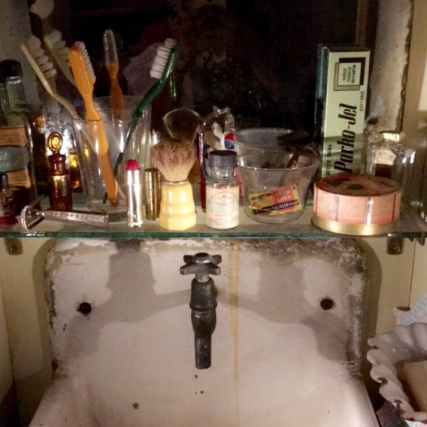 “My whole life depends on you now.”
“My whole life depends on you now.”
Orhan Pamuk’s novel carries the strong undercurrent of a difficult cultural conversation surrounding something that is believed to be lost and given but is not a tangible object: virginity. His friends did everything that they thought all modern and liberated Europeans did, they went clubbing, drank alcohol and ran free in a country that accepted romantic relationships before marriage. But there was a still a vital condition placed upon society’s acceptance of these relationships, they had to end in marriage. Kemal’s breakup with his fiance Sibel was scandalised in their social circle because it was known that the two were briefly living together whilst being engaged. Their friend Nurcihan didn’t let her boyfriend Mehmet sleep with her because she believed it would lead to the loss of her honour and consequently the end of their relationship. Füsun quit her job and hid from the public after the end of her affair with Kemal, she was married off to the most willing suitor to cover her shame though her family knew he was not a suitable husband. Though Feridun was Füsun’s childhood admirer and a family friend, he was young and unemployed and more interested in schmoozing around Istanbul’s film scene than spending time with Füsun. In the early days at the Merhamet apartments where Füsun and Kemal would have their passionate liaisons, Füsun tearfully told Kemal that her whole life depended on him. She was the girl who Kemal praised for being modern and free, the girl who was willing to continue sleeping with him despite knowing that he was engaged. What she meant was that the loss of her virginity would tie her down to him forever, no amount of yearning for cultural progression could change that fact.
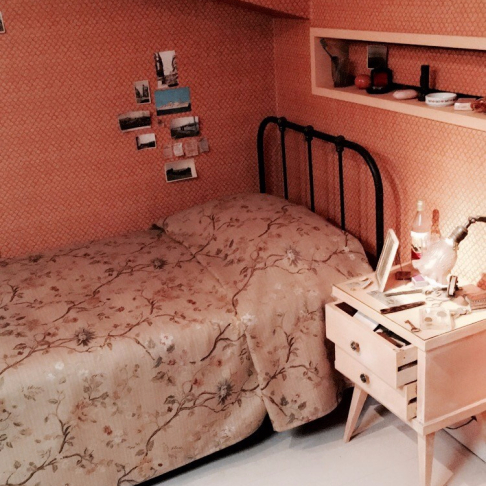 “Real museums are places where time is transformed into space.”
“Real museums are places where time is transformed into space.”
I reached the third floor and was startled by the presence of a man sitting on the floor and placidly watching Füsun’s bed in the corner of the room. He said that there was something haunting about the bed and the objects neatly arranged on the bedside cabinet. He had read The Museum of Innocence in Russian, but like me he had become so taken in by the museum that he had lost the membrane between reality and this fictional world. I half expected Kemal to wander around the museum in a disheveled set of pyjamas, reeking of alcohol and seeing out of bloodshot eyes. I stared at Füsun’s driving license dress in the corner of the second floor and became so overwhelmed by a sense of loss that it felt like a personal affliction. A short video clip of Grace Kelly driving a car displayed in the museum reminded me of the power and freedom that Füsun was seeking in learning how to drive, a power that brought her relationship with Kemal to a tragic end. Through the book and the museum itself, Pamuk has succeeded in making readers feel as though they are grieving someone they know personally.
 “The shadows and ghosts I mistook for Füsun.”
As left the museum I felt somewhat relieved to be thrust back into reality. I never thought I could ever, even for a moment, prefer the sights and sounds of the real world to the metaphysical spaces of a good book. In fact I read fiction for the very opposite reason, to bury myself in landscapes very different to my own. But perhaps it was the tension between this story’s central themes and real life that frightened me. Many of us hold onto objects that remind us of times we thought would last forever, or times when we were much happier though we did not realise it at the time. For the rest of my time in Istanbul, I couldn’t help but stumble into the world that Kemal had illustrated through his time with Füsun. The smell of roasted walnuts carried by the breeze of the Golden Horn found me each day, the clatter of backgammon boards and the seafood restaurants on the Bosphorus made me feel like the lovelorn couple of this novel had really existed. I even craved Meltem Soda despite knowing it wasn’t a real drink. I too saw the ghost of Füsun in dark-haired beauties flitting among the sun-drunk crowds.
Advertisements
Share this:
“The shadows and ghosts I mistook for Füsun.”
As left the museum I felt somewhat relieved to be thrust back into reality. I never thought I could ever, even for a moment, prefer the sights and sounds of the real world to the metaphysical spaces of a good book. In fact I read fiction for the very opposite reason, to bury myself in landscapes very different to my own. But perhaps it was the tension between this story’s central themes and real life that frightened me. Many of us hold onto objects that remind us of times we thought would last forever, or times when we were much happier though we did not realise it at the time. For the rest of my time in Istanbul, I couldn’t help but stumble into the world that Kemal had illustrated through his time with Füsun. The smell of roasted walnuts carried by the breeze of the Golden Horn found me each day, the clatter of backgammon boards and the seafood restaurants on the Bosphorus made me feel like the lovelorn couple of this novel had really existed. I even craved Meltem Soda despite knowing it wasn’t a real drink. I too saw the ghost of Füsun in dark-haired beauties flitting among the sun-drunk crowds.
Advertisements
Share this:
